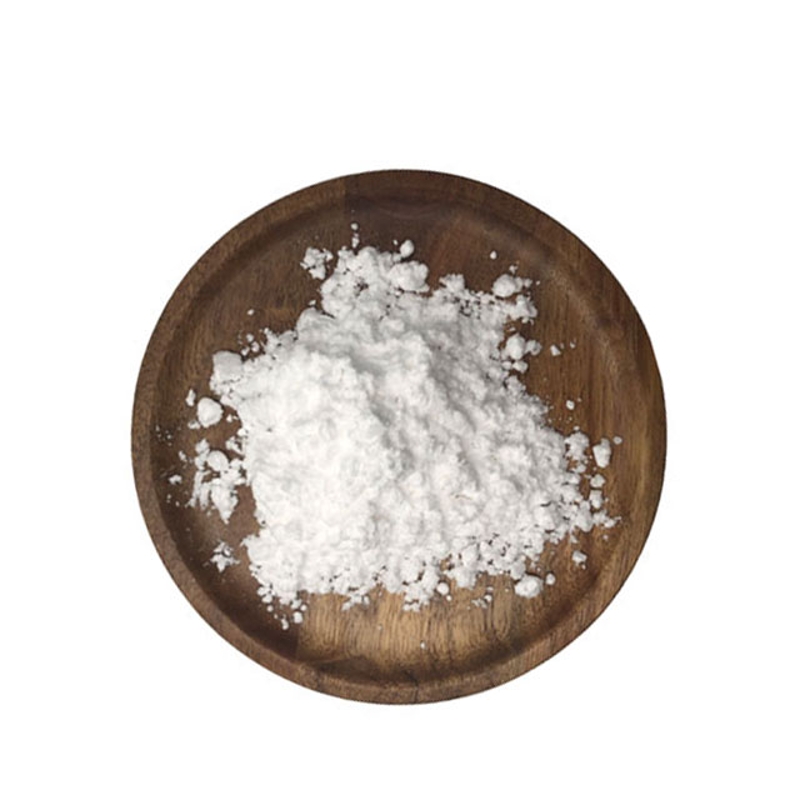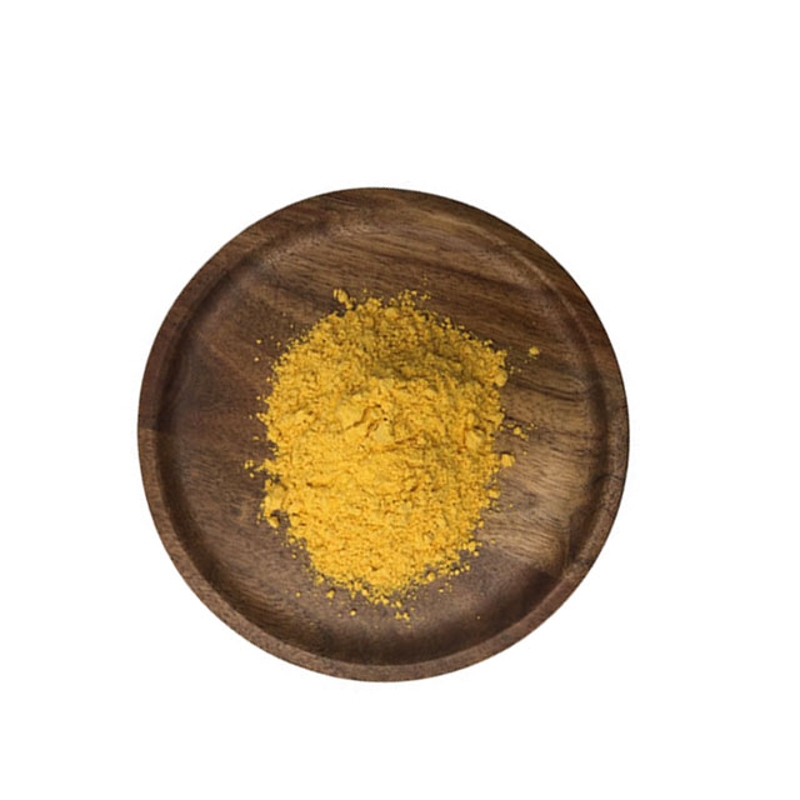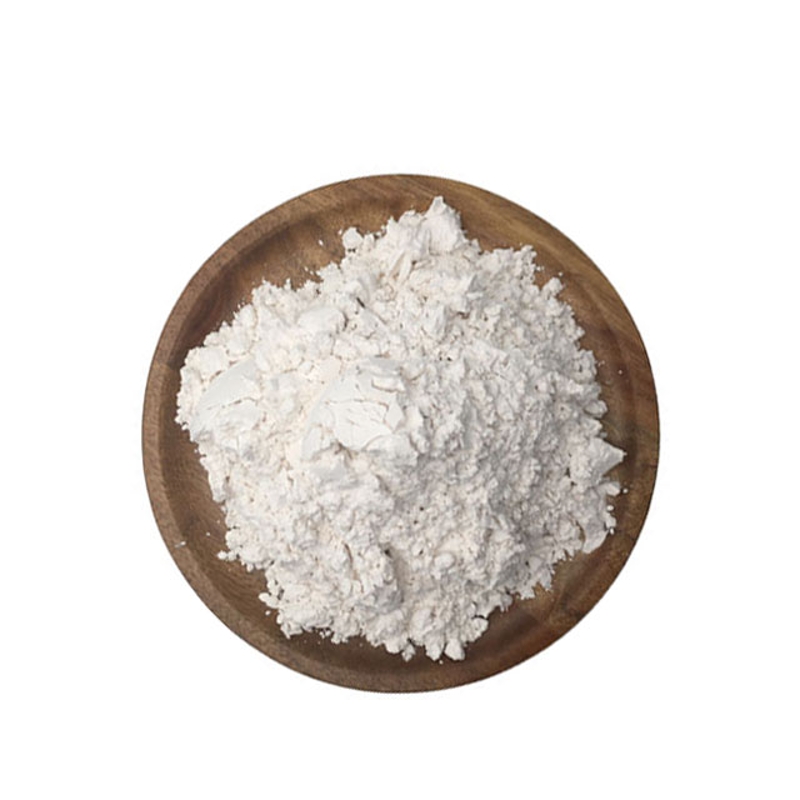-
Categories
-
Pharmaceutical Intermediates
-
Active Pharmaceutical Ingredients
-
Food Additives
- Industrial Coatings
- Agrochemicals
- Dyes and Pigments
- Surfactant
- Flavors and Fragrances
- Chemical Reagents
- Catalyst and Auxiliary
- Natural Products
- Inorganic Chemistry
-
Organic Chemistry
-
Biochemical Engineering
- Analytical Chemistry
- Cosmetic Ingredient
-
Pharmaceutical Intermediates
Promotion
ECHEMI Mall
Wholesale
Weekly Price
Exhibition
News
-
Trade Service
This article is the original translational medicine network.
Please indicate the source for reprinting.
Author: Catalina Introduction: In all kinds of diet-assisted anti-cancer therapies, the Omega-3 fatty acid composition of fish oil has been paid attention to
.
Coincidentally, a recent study has shown that DHA and related fatty acids can also "toxic" cancer cells
.
In 1955, scientists discovered that omega-3 fatty acids can reduce cancer cells by injecting fatty acids into mice with malignant tumors, but the principle is still unclear
.
In 2016, the UCLouwan team of Professor Feron, who specializes in oncology, discovered that cells in the acidic microenvironment of tumors use lipids instead of glucose as an energy source to promote their proliferation
.
In 2020, Professor Feron proved that these cells are the most aggressive and have the ability to produce metastases
.
Recently, UCLouvain researchers, with the support of the Louwan Foundation, the Belgian Cancer Foundation, etc.
, quickly assessed the behavior of tumor cells in the presence of different fatty acids, and published their conclusions in the "Cell Metabolism" titled "Peroxidation of n-3 and n-6 polyunsaturated fatty acids in the acidic tumor environment leads to ferroptosis-mediated anticancer effects"
.
They said that Omega-3 fatty acids are related to reducing the incidence of cancer.
Among them, DHA and related fatty acids can "poison" cancer cells and cause cancer cells to "implode.
"
.
In mouse experiments, the growth rate of tumors in mice on a DHA-fortified diet was significantly slower than that of mice on a regular diet
.
Omega-3 (ie, omega-3) fatty acids are a group of polyunsaturated fatty acids, which are considered necessary for the body's growth and various functions, but the body itself cannot produce them
.
Omega-3 is usually taken from fish (such as the cod liver oil of salmon and cod), and "eat more fish, more benefits" is also derived from this
.
Omega-3 is rich in eicosapentaenoic acid (EPA) and docosahexaenoic acid (DHA), and is believed to play an important role in enhancing brain function, vision and regulating inflammation
.
In this study, UCLouvain researchers used a spheroid 3D tumor cell culture model
.
They found that in the presence of DHA, Mr.
Globe imploded after growth, that is, DHA would indeed "poison" these cancer cells
.
The analysis of the cancer cell breakdown "implosion" research team showed that DHA is used on cancer cells through a mechanism called ferroptosis
.
Iron death is a cell death caused by the peroxidation of certain fatty acids, and it is also a very popular method of cell death in recent years
.
Under normal circumstances, in the acidic microenvironment of tumors, cells store fat in the form of lipid droplets (a bundle of substances that protect fatty acids from oxidation).
DHA and related polyunsaturated fatty acids will preferentially accumulate in lipid droplets
.
However, when there is a large amount of DHA, the DHA exceeding the lipid droplet storage capacity of tumor cells will undergo peroxidation, which will lead to the death of iron of the cells
.
In addition, the research team also administered a DHA-fortified diet to mice with tumors
.
The results found that compared with mice on a regular diet, the growth rate of tumors in mice on a DHA-fortified diet was significantly slower
.
In short, the results of the study may open the door to new comprehensive treatments
.
"The clear link between the acidic tumor microenvironment and disease progression, including through increased aggressiveness, drug resistance, and immune escape, makes dietary Omega-3 polyunsaturated fatty acid supplementation a particularly relevant strategy to be implemented," the authors suggest , Unsaturated fatty acids in the diet may be used as an auxiliary anti-cancer therapy
.
Reference materials: https:// Note: This article aims to introduce the progress of medical research and cannot be used as a reference for treatment options
.
If you need health guidance, please go to a regular hospital
.
Please indicate the source for reprinting.
Author: Catalina Introduction: In all kinds of diet-assisted anti-cancer therapies, the Omega-3 fatty acid composition of fish oil has been paid attention to
.
Coincidentally, a recent study has shown that DHA and related fatty acids can also "toxic" cancer cells
.
In 1955, scientists discovered that omega-3 fatty acids can reduce cancer cells by injecting fatty acids into mice with malignant tumors, but the principle is still unclear
.
In 2016, the UCLouwan team of Professor Feron, who specializes in oncology, discovered that cells in the acidic microenvironment of tumors use lipids instead of glucose as an energy source to promote their proliferation
.
In 2020, Professor Feron proved that these cells are the most aggressive and have the ability to produce metastases
.
Recently, UCLouvain researchers, with the support of the Louwan Foundation, the Belgian Cancer Foundation, etc.
, quickly assessed the behavior of tumor cells in the presence of different fatty acids, and published their conclusions in the "Cell Metabolism" titled "Peroxidation of n-3 and n-6 polyunsaturated fatty acids in the acidic tumor environment leads to ferroptosis-mediated anticancer effects"
.
They said that Omega-3 fatty acids are related to reducing the incidence of cancer.
Among them, DHA and related fatty acids can "poison" cancer cells and cause cancer cells to "implode.
"
.
In mouse experiments, the growth rate of tumors in mice on a DHA-fortified diet was significantly slower than that of mice on a regular diet
.
Omega-3 (ie, omega-3) fatty acids are a group of polyunsaturated fatty acids, which are considered necessary for the body's growth and various functions, but the body itself cannot produce them
.
Omega-3 is usually taken from fish (such as the cod liver oil of salmon and cod), and "eat more fish, more benefits" is also derived from this
.
Omega-3 is rich in eicosapentaenoic acid (EPA) and docosahexaenoic acid (DHA), and is believed to play an important role in enhancing brain function, vision and regulating inflammation
.
In this study, UCLouvain researchers used a spheroid 3D tumor cell culture model
.
They found that in the presence of DHA, Mr.
Globe imploded after growth, that is, DHA would indeed "poison" these cancer cells
.
The analysis of the cancer cell breakdown "implosion" research team showed that DHA is used on cancer cells through a mechanism called ferroptosis
.
Iron death is a cell death caused by the peroxidation of certain fatty acids, and it is also a very popular method of cell death in recent years
.
Under normal circumstances, in the acidic microenvironment of tumors, cells store fat in the form of lipid droplets (a bundle of substances that protect fatty acids from oxidation).
DHA and related polyunsaturated fatty acids will preferentially accumulate in lipid droplets
.
However, when there is a large amount of DHA, the DHA exceeding the lipid droplet storage capacity of tumor cells will undergo peroxidation, which will lead to the death of iron of the cells
.
In addition, the research team also administered a DHA-fortified diet to mice with tumors
.
The results found that compared with mice on a regular diet, the growth rate of tumors in mice on a DHA-fortified diet was significantly slower
.
In short, the results of the study may open the door to new comprehensive treatments
.
"The clear link between the acidic tumor microenvironment and disease progression, including through increased aggressiveness, drug resistance, and immune escape, makes dietary Omega-3 polyunsaturated fatty acid supplementation a particularly relevant strategy to be implemented," the authors suggest , Unsaturated fatty acids in the diet may be used as an auxiliary anti-cancer therapy
.
Reference materials: https:// Note: This article aims to introduce the progress of medical research and cannot be used as a reference for treatment options
.
If you need health guidance, please go to a regular hospital
.







